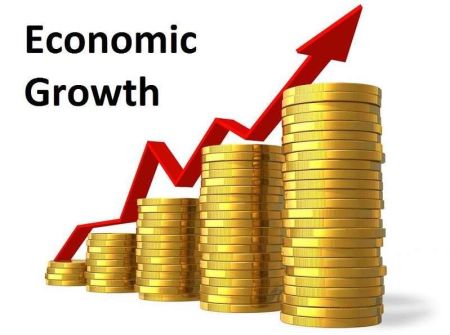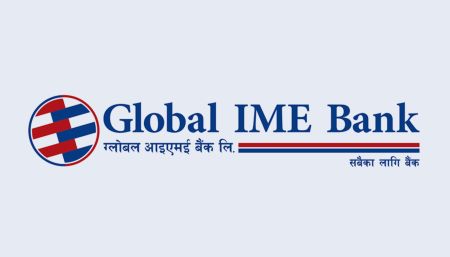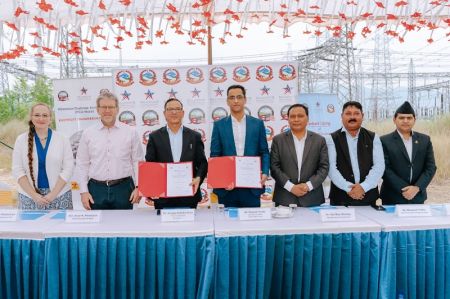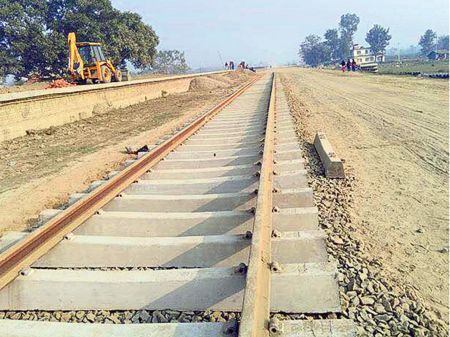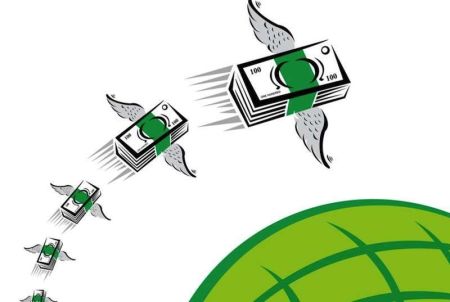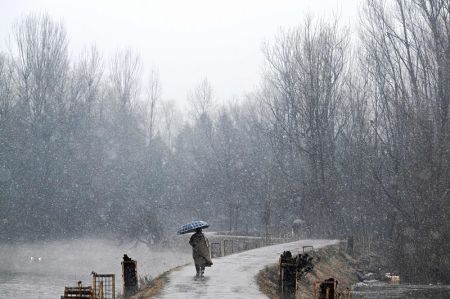--By Gaurav Aryal
.jpg) |
| Sanjeev Saraff CEO, Everest Group |
Everest Group Nepal is a pioneer group of companies in the sectors where it has had involvement since its inception. Whether it is petroleum product imports, operation of a cardboard factory or the paper industry, the Everest Group has been a pathfinder in Nepal in these sectors.
The group has begun an expansion drive with plans to venture into the pharmaceutical industry and to add new plants and production capacity in some of its factories. The Everest Group plans to bring its pharmaceutical company, Himalayan Parental and Pharmaceutical Company, into operation by next year. This new company will be producing life saving drugs and intravenous fluids. Sanjeev Saraff, CEO of the group, claims that it will be the first company of its kind in Nepal and that it will install the latest technology that has never been used in Nepal.
The group has recently set up a new factory for producing non-woven fabrics. Everest Plasto has already started production. Saraff says that it is also one of the first factories in Nepal to produce non-woven fabrics.
Likewise, Saraff reveals that the group is coming up with another sugar mill, Himalayan Sugar Mill in Mirchaiya. He says that the manufacturing unit is under construction and will be brought into operation in the next two years. Saraff says that the unit plans to sell electricity produced in its own thermal plant to the government during the winter season.
Local Targets
According to Saraff, the group has always kept the local market and local raw materials on priority for all its productions. He says, “We have been successful only in those industries where the raw material has been Nepali and the market in Nepal.” Whether it is the paper factory or the sugar factory, the group has always been using local raw materials and targeting Nepal as its prime market. Saraff says that the group once tried its hands on copper processing by importing raw materials and exporting the final products. He says that it turned out to be a sort of trading business and did not perform well. However, the group still owns and operates Everest Wire factory that has majority market shares in the Tarai region.
The group targets Nepal as its prime market for upcoming pharmaceutical ventures as well. Saraff says that 100 per cent of life saving drugs and IV fluids are imported and the factory aims for import substitution.
Market Coverage
Saraff claims that the Everest Paper Mills’ production covers majority of the local market while the sugar mill also has leading market share among half a dozen other Nepali companies.
He says that the group’s only strategy to conquer the market is through quality assurance and its dealer network. Saraff further explains that some of the dealers have worked with the group since its establishment.
The prime markets for Everest Groups’ products are Kathmandu, Pokhara and markets in the Tarai region. The secret of a strong relationship with its dealer network is to keep them happy, according to Saraff. However, the group has not considered branding as its major marketing tool. “Our products are commodities rather than consumer goods. So, we do not require branding as such,” he explains. However, the group has been carrying out campaigns to inform its clients about the right use of products to extract maximum value out of it. Marketing activities through billboards and other media, though, are not carried out.
When asked about group branding, Saraff says, “We have less concentrated on group branding. Hopefully, we will get into it once we grow bigger.”
Competition
Saraff says that the group has been facing unethical competition from smuggled products through the open border of Nepal and India. “We decided not to compete with those products as it would be useless to compete with illegal products,” he says. He acknowledges the quality and competitiveness of peer companies and says, “Manufacturers of Nepal are equally competitive. So, the competition is more on offering quality than on price.” Saraff expects the government to control the smuggling of goods that have been a threat to legitimate companies.
Turning Point
The group had a major set-back when Everest Paper Mill was bombed during the Maoist insurgency. Saraff recalls that it was the first private sector factory to be targeted during the conflict. The bombing in 2005 left the factory completely destroyed. “We did not lose hope and we rebuilt the factory within two months’ time. Bankers and others too appreciated our efforts,” says Saraff. He adds that the group rebuilt a new and better factory immediately.
Management
The group employs around 2500 people in four of its companies in operation. A strong human resource department has been looking after all human resource management activities. Entire management duties are given to this department. The department deals with labour issues as and when they arise. Saraff recalls the closure of one of the group’s factory for two months after labours came up with “unreasonable demands”. “We made them realise that we were not going to bow down. We have been handling issues of labours and workers pretty well and the human resource department is pretty effective and strong,” he explains.
The management responsibilities of all four companies are handled independently by the management team assigned for each company. The team is headed by members of the extended Saraff family. He says that the group is still a family-owned business more than a corporate group. Second generation businesspersons educated abroad have been taking up responsibility and taking the business to new heights.
The corporate headquarter of the group is located in Janakpur, the place of origin of the group. While the Kathmandu office has been working as a liaison office to look after bureaucratic activities and maintaining relationship with banks, among other activities.
| History Dina Nath Saraff, father of Sanjeev Saraff is the founder of the Everest Group. Senior Saraff started his own import-export firm ‘Brij Mohan Dina Nath’ in Janakpur that dealt initially with importing clothing materials from India, Soda Ash and various kinds of spices from Malaysia and Indonesia. The firm was also involved in rice exports to India. Similarly, Saraff acquired the sole agency of ESSO and of Brooke Bond tea in the 50s and 60s for Nepal and started marketing their petroleum products such as, Petrol, Diesel, LDO, engine oil, Kerosene oil, etc even before the Nepal Oil Corporation was established. By mid 1960s, he established another firm, Everest Trading Company, along with the Jhunjhunwalas in Biratnagar and started exporting jute to millers in India. In the late 60s, Saraff established Janakpur Soap Factory that manufactured various grades of soap and marketed it under brand names Natraj and OX. Similarly, a decade later, he and his son established Everest Cardboard Industry Pvt Ltd, the first in the country to manufacture corrugated boxes from Kraft paper imported from India and Sweden. During that phase, he also established Tiger Tea Company whose raw materials were imported from India, blended and packed in Nepal and sold in Nepal under the brand name Tiger. The group continued to grow and passed onto the second generation. Though some industries were closed in the process, its flagship production line such as paper and sugar has continued to rise. The group is now planning to expand its capacity and area of business in the near future. Flagship Companies of Everest Group:
Trading The group feels proud about exporting paper pulps to Japan. In the past, the group used to import paper and chemicals as raw materials. The group also tried its hand on importing fertilizers but stopped later. The group wishes that the country allows international trading in Nepal to export goods to third countries. Plans The group wants to carve its own path in business without following what others are doing. Saraff says that his group is looking into new sectors for business and also hints that the group will be investing in the tourism sector in the next two to three years and will also explore new possibilities in food products the group had expertise on in the past. Corporate Social Responsibilities The group does not have overt corporate social activities but is carrying out several activities on its own. The group provides scholarships to 25 to 30 children every year from underprivileged families under the Bhagwati Devi Trust, named after Saraff’s grandmother. The trust has been annually sponsoring 40 to 50 children for their education. Similarly, Saraff considers Everest Paper Mills’ paper recycling plant a socially responsible activity of the group. “We are recycling waste paper and contributing to clean the country along with utilising agricultural residues,” says Saraff. |













